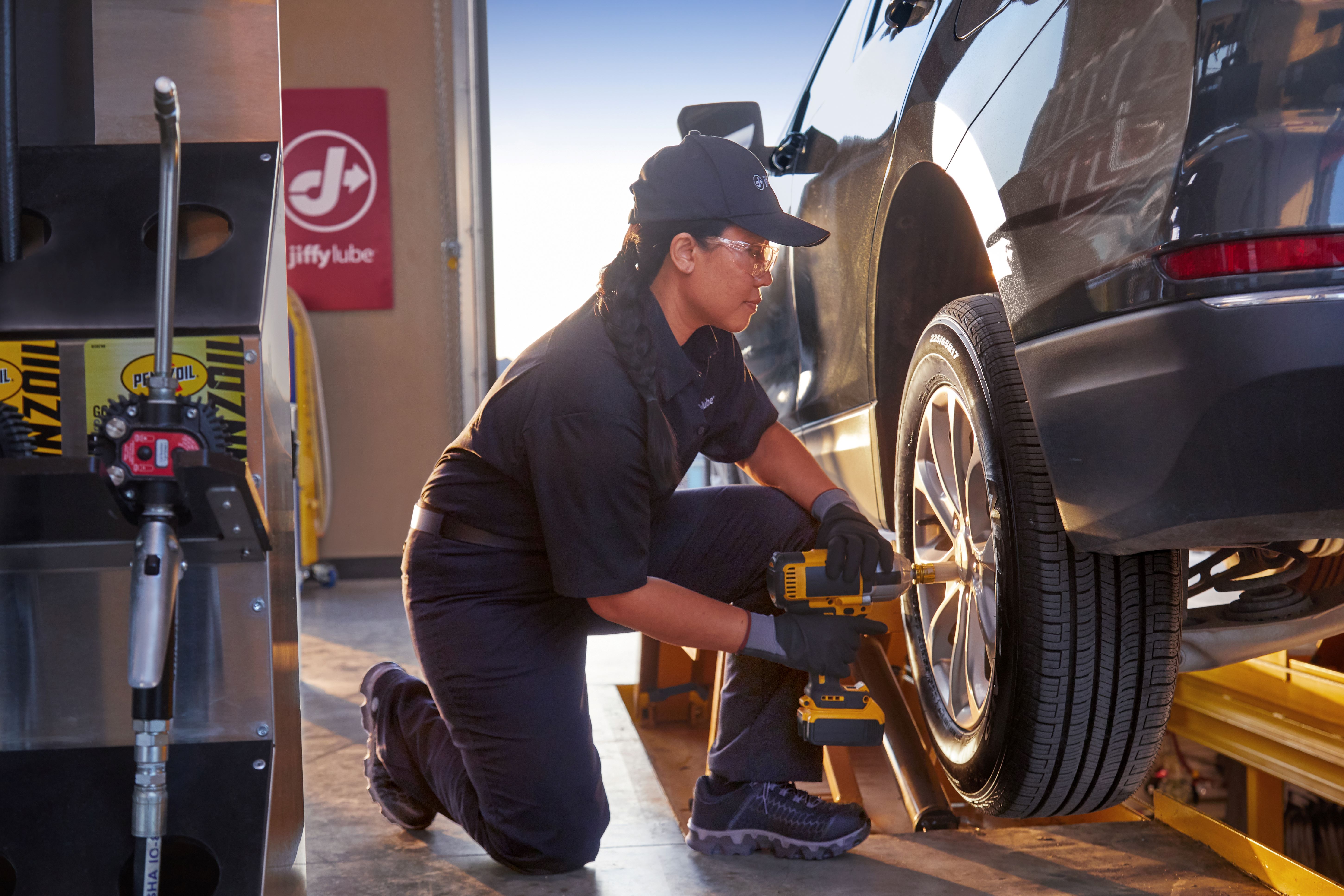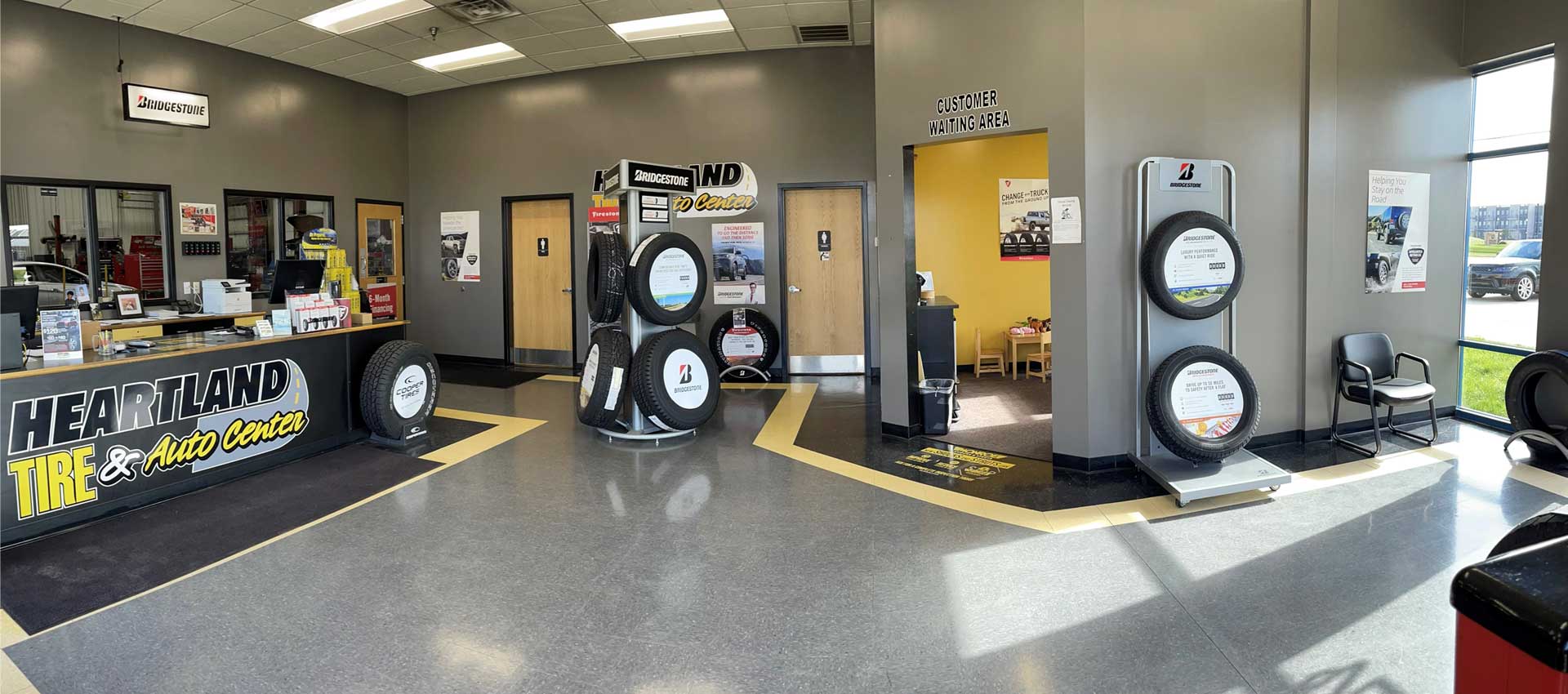Economical Discount Tires Morris IL: Unsurpassable Costs, High Quality Ensured
Economical Discount Tires Morris IL: Unsurpassable Costs, High Quality Ensured
Blog Article
Tire Service: Understanding Tire Pressure Tracking Equipments
Recognizing Tire Pressure Surveillance Systems (TPMS) is an essential aspect of maintaining optimum lorry performance and safety on the roadway. With advancements in automotive innovation, TPMS has actually come to be a standard attribute in modern vehicles, supplying real-time information on tire stress levels.

Significance of TPMS
The significance of Tire Stress Tracking Equipments (TPMS) depends on their capacity to boost vehicle safety and security and performance with real-time surveillance of tire pressure degrees. Maintaining the appropriate tire stress is essential for guaranteeing optimal handling, braking, and total security of an automobile. TPMS gives drivers with immediate feedback on any type of underinflated or overinflated tires, permitting prompt changes to be made.
Parts of TPMS
Making up various vital elements, a Tire Stress Tracking System (TPMS) functions as a sophisticated security attribute in contemporary vehicles. The primary elements of a TPMS consist of sensing units, a control component, and a warning indication. Sensors are normally located in the tire valve stem or connected to the wheel assembly, where they measure tire stress and transfer data to the control module. The control module procedures this information and causes a warning if it identifies considerably reduced stress in any one of the tires. The warning indication, typically a sign on the dashboard, signals the chauffeur to check the affected tire or tires. Some advanced TPMS models also show the actual tire pressure analyses for each and every tire, giving motorists with real-time information to make sure optimal tire performance and safety. By checking tire pressure continuously, TPMS aids avoid crashes, reduces tire wear, and improves gas efficiency, making it a critical component for lorry safety and performance.
Types of TPMS

On the various other hand, indirect TPMS depends on the lorry's wheel speed sensors to keep an eye on tire pressure. This system identifies underinflation by comparing the rotational rates of the wheels. Indirect TPMS is much less expensive than straight TPMS, as it uses click for more existing sensors within the vehicle.
While straight TPMS offers much more precise readings, indirect TPMS is simpler in design and normally needs less maintenance. Both systems have their advantages and limitations, and the selection in between them often relies on variables such as price, lorry make, and individual choice. Recognizing the distinctions in between these 2 kinds of TPMS can assist automobile owners make notified decisions concerning tire maintenance and safety.
TPMS Upkeep Tips
Conduct regular checks on the tire stress degrees and contrast them with the TPMS readings to ensure they are consistent. During tire rotation or replacement, make sure that the TPMS components are taken care of thoroughly to stop any type of prospective damages. If the TPMS alerting light brightens on the control panel, address the issue quickly by inspecting the tire stress and the total system for any kind of faults.
Benefits of Correct Tire Pressure
Maintaining correct tire stress, as emphasized in TPMS Maintenance Tips, is critical for reaping the various advantages linked with ideal tire stress degrees. In addition, proper tire stress makes sure even tire Go Here wear, expanding the life expectancy of the tires and advertising safer driving conditions. In final thought, the advantages of appropriate tire pressure go beyond just tire longevity; they include improved gas effectiveness, boosted safety and security, much better lorry efficiency, and general driving convenience.
Verdict
In final thought, understanding tire pressure surveillance systems (TPMS) is crucial for maintaining ideal tire pressure and ensuring lorry safety and security. By identifying the value of TPMS, recognizing with its parts, knowing the various types readily available, adhering to appropriate upkeep ideas, and realizing the advantages of keeping correct tire stress, drivers can enhance their driving experience and prolong the life-span of their tires. Correct tire stress is vital to secure and reliable automobile operation.

Report this page